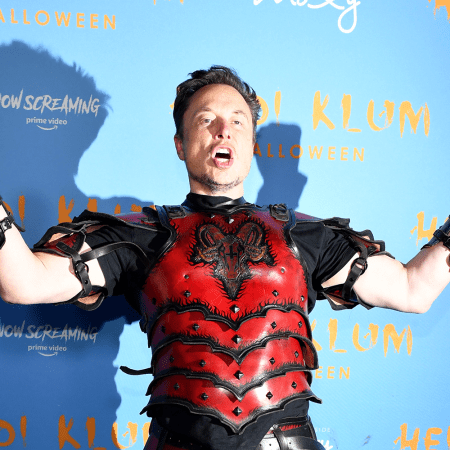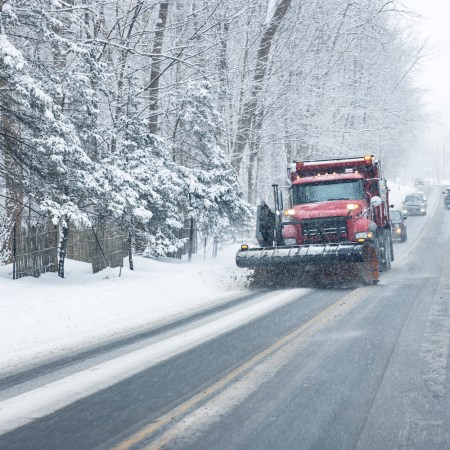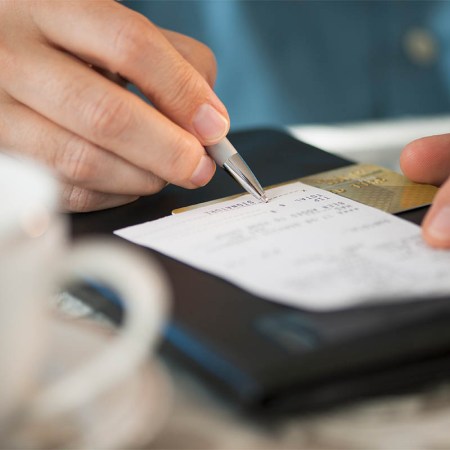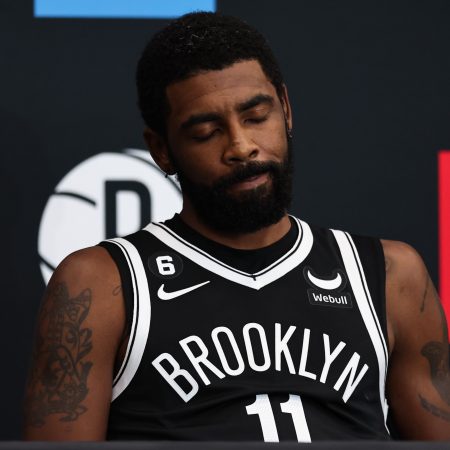It’s been a surreal few weeks in the annals of international public health. As the number of coronavirus cases grow, boosting fears of a global pandemic and wreaking economic havoc, consumers are in the throes of panic buying, much to the disappointment of infectious disease experts. And with memes and misinformation caroming around the internet, the World Health Organization (WHO) took the extraordinary steps of joining TikTok to post informative videos, presumably to counter the effects of the teens who have used the platform to pretend they have coronavirus for likes and the other kind of viral fame.
One of WHO’s first TikTok videos featured expert advice on how and when to use face masks, which, more than hand sanitizer or toilet paper, have taken on a consumer ecosystem of their own in recent weeks. “The world is facing severe disruption in the market for personal protective equipment,” Tedros Adhanom Ghebreyesus, the director-general of the World Health Organization, warned the world last week. “Demand is up to 100 times higher than normal and prices are up to 20 times higher.”
With reports of retailers being out of stock at stores around the country and some health officials registering doubt about the efficacy of masks in stopping the spread of coronavirus, a bizarro secondary market for these coveted items has emerged. The intrigue started in January, with a crackdown by customs officials in Hong Kong seeking to rid stores of fake surgical masks. Then last month, a face mask manufacturer made headlines by offering to print CDC-approved N95 masks with a customer’s face on it so that they can unlock devices with the 3-D Face Unlock during a potential pandemic. Since then, the market for masks has taken on a more desperate tone as supplies have diminished and cases of coronavirus surge.
On Etsy, a surfeit of masks has appeared over the past week, some of them offering dubious claims about their ability to stop germs and viruses. (Then, of course, there is all the unofficial coronavirus merch and apparel on Etsy, which includes Oregon Trail-themed T-shirts, prayer cards and crochet patterns.) eBay, which encountered similar issues, has installed filters to block items marketed as preventative gear for the outbreak.
Not unexpectedly, the biggest surge of third-party face mask purveyors has come by way of Amazon. The retail giant, which was reluctant to remove Nazi-themed paraphenalia from its platform as recently as last month, took down more than one million listings from sellers this week that contained either misleading claims or artificially inflated prices. One reporter from Reuters found a 10-pack of N95 masks listed at $128, nearly three times the average price.
This leads us to Craigslist, which in all its historically shady glory, enforces virtually no regulations on its seller. I reached out to a seller in Portland, Oregon, who had listed single masks for sale without a price. (The price was $50 for two.) Elsewhere, in Houston, which has no confirmed COVID-19 cases, a seller was offering a bulk purchase of 2,500 N95 masks for the bargain-basement price of $63,000. (I bid $50,000 on the whole lot via email and never heard back.)
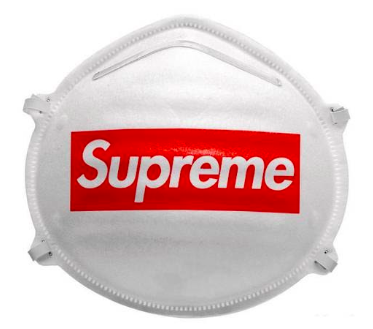
But the moment that most animated the secondhand capitalist fervor of this crisis was a prankster in Manhattan’s Midtown East. In a listing that should be printed out and placed on a wall in the MoMA, one clever seller is tantalizing Craigslisters with the sartorial possibility of a $10,000 “limited edition” Supreme mask. Promising a new-condition mask with a fake product number and no possible way to reply to the ad, the seller notes that the mask is “99 percent Authentic.”
Ain’t that America?
This article was featured in the InsideHook newsletter. Sign up now.

